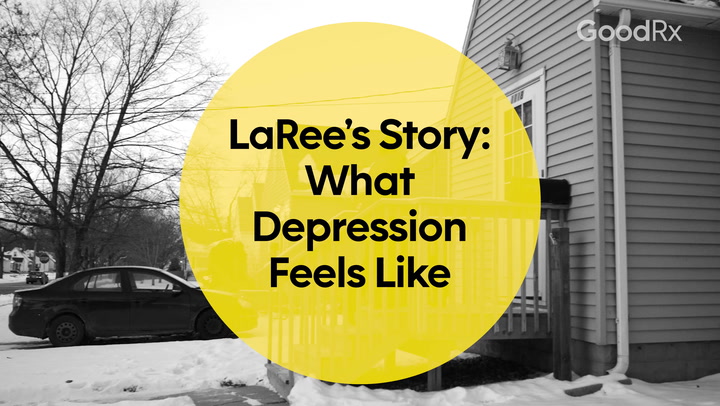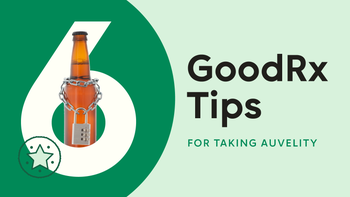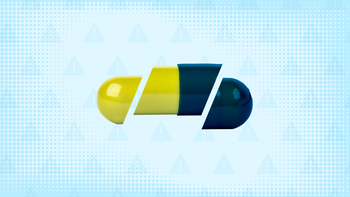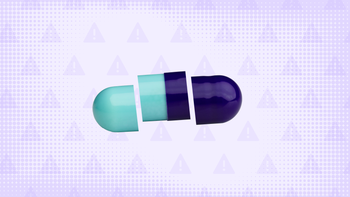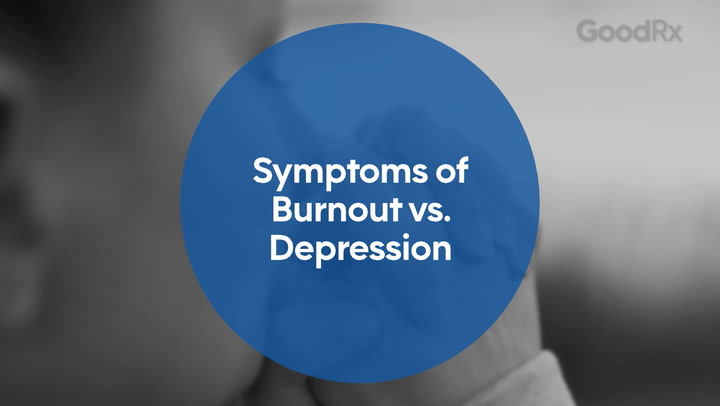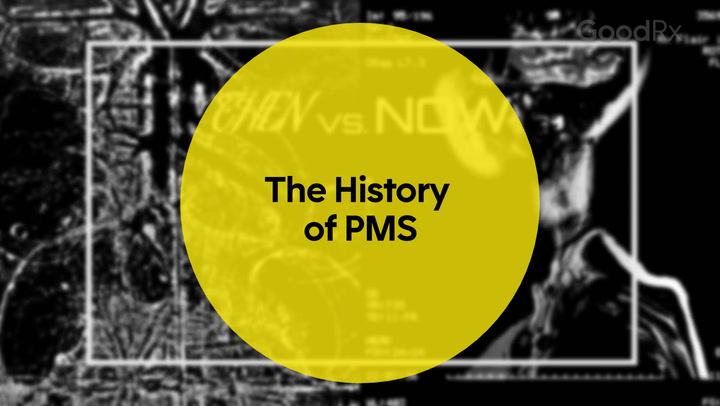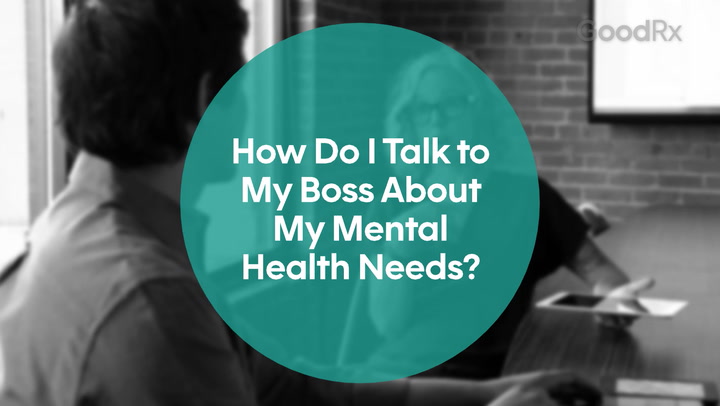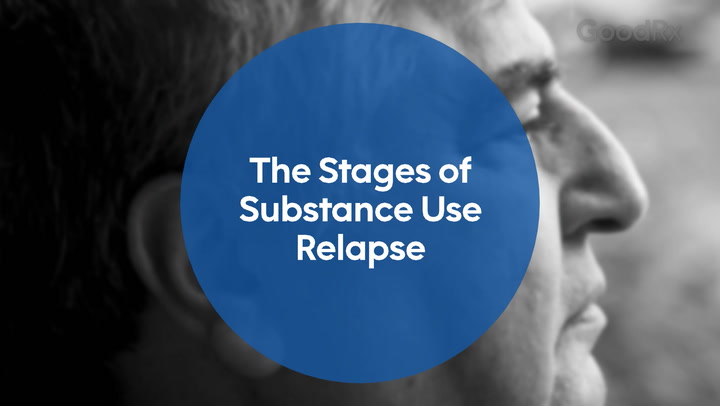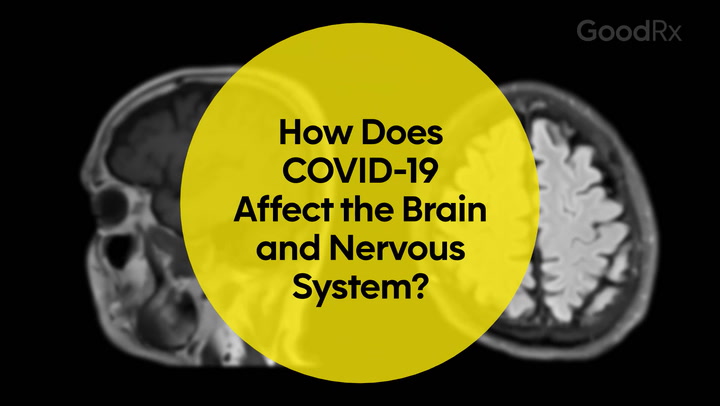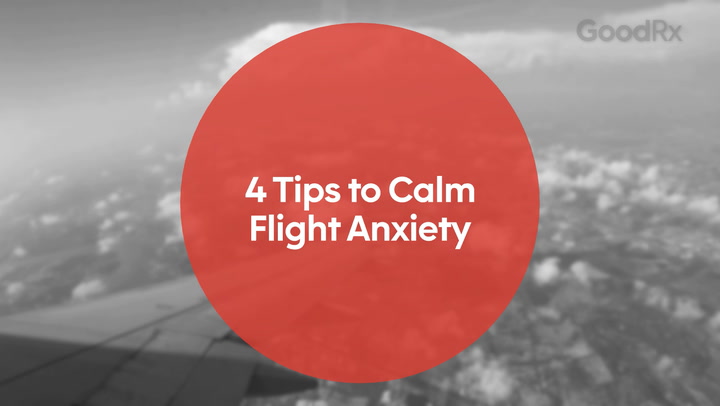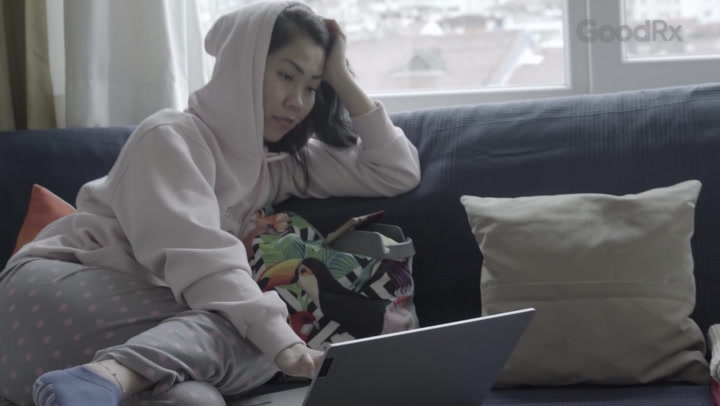
Why Am I So Sad All the Time?
Key takeaways:
Sadness is a basic human emotion that may be triggered by a loss. It’s also possible to feel sad without any specific reason.
Chronic sadness is a symptom of depression, but it’s possible to feel sad from time to time without having depression.
If you’re always sad, or sadness gets in the way of your daily life, reach out to a healthcare professional.
Table of contents
We all experience sadness from time to time. Some people may describe it as feeling “down” or feeling “blue.” People can feel sad for many reasons, especially after a loss like the death of a loved one, a breakup, or losing your job.
Sometimes, people who feel sad may wonder if they have depression. Sadness can feel similar to depression — like wanting to be alone or having less energy. But mild sadness by itself isn’t usually cause for concern.
Let’s take a closer look at some reasons why people feel sad, the difference between sadness and depression, and how you can cope with this emotion.
Why am I feeling so sad?
There are many reasons you may feel sad — and it’s not necessarily a bad thing. In fact, sadness is a healthy emotion to have during difficult situations.
Common reasons to feel sad include:
Death of a friend or loved one
Loss of a job or income
Romantic rejection, breakup, or divorce
An ending or goodbye, like a child moving out or moving to a new city
Experiencing discrimination due to your race or ethnicity, gender, sexual orientation, disability, income status, or age
Not having the resources you need, like housing, food, and financial security
Disappointment, like not getting chosen for a team or missing out on a party
You may not always be able to identify the cause of your sadness. Even if that’s frustrating, this is normal.
What does sadness feel like?
Sadness will feel different to everybody. It won’t even feel the same to you each time you feel sad. As you move through the day, your feelings of sadness may come and go or remain steady.
Here are some ways you might describe what sadness feels like:
Dismay
Rejection
Disconnection
Gloominess
Loneliness
Melancholy
Discontent
Sadness, like other emotions, can also be seen in your body language. You may recognize these common postures and behaviors associated with sadness:
Downcast eyes
Lowered lip corners
Lowered inner eyebrows
Walking slower than usual
Crying (though not everyone cries when they’re sad)
You might also feel sadness — considered a basic emotion — alongside other emotions. These could include fear, anger, surprise, or others. It’s even possible to feel happy and sad at the same time.
What is the purpose of sadness?
Sadness might not feel good, but it does serve an important purpose. From an evolutionary perspective, sadness is a critical emotion necessary to our survival. Sadness serves to:
Keep us protected from harmful situations
Help us connect emotionally with other humans
Motivate us to reflect on our beliefs and goals
Help us develop resilience
Even though sadness may not feel good, it helps your brain process change and reflect on what’s really important to you. It also helps us determine what steps we might need to take after a loss.
For example, the disappointment of missing out on a raise at work might help you decide a job change is in order. Or the sadness of a romantic breakup might help you reassess the type of people you want to date.
Sadness can also help us realize we need support after we’ve gone through a difficult time. And sadness can even be helpful sometimes. Some research suggests people have better attention when they’re feeling a bit sad.
Why do I feel so sad for no reason?
If you’re sad for no reason, it’s possible you just haven’t discovered the cause. Remember: Feeling sad is a normal emotion, even if you’re not sure why. This can be confusing and frustrating.
But sometimes, feeling sad for no reason could be linked to major depression. Depression is a mental health condition that can make you feel sad — often with no clear cause.
Depression vs. sadness
Major depression is a mood disorder where you feel sad, or disinterested in life, nearly every day for at least 2 weeks. Constantly feeling sad can be a symptom of depression, but it’s possible to feel sad without having depression.
Sadness, as an emotion, will generally pass on its own after a few minutes, hours, or days. Depression, on the other hand, is a mental health condition with specific symptoms. Only a healthcare professional can diagnose depression.
Your provider will ask about the following symptoms to determine if you have depression:
Feeling sad, numb, hopeless, or empty almost all the time
No longer enjoying your favorite activities
Gaining or losing weight without dieting
Changes in your appetite
Having trouble sleeping or sleeping too much
Fatigue, low energy, or tiredness
Moving faster or slower than usual
Feeling worthlessness or guilt even when you’re not to blame
Trouble concentrating, thinking clearly, or making decisions
Thoughts of suicide
Your provider will also ask how your symptoms affect your ability to go about your usual routine. If your symptoms cause you a lot of distress or get in the way of your job, relationships, or ability to take care of yourself, your provider may diagnose you with depression.
What causes major depression?
Experts believe that there are several different factors that can cause depression. They include:
Genetics: Researchers believe that there’s a genetic link to depression, but they’re still trying to understand this connection. At this time, there’s no known “depression gene,” but if you have a close family member with depression, you’re at greater risk of also developing it.
Stressful life events: Experiencing stressful or traumatic events increases your risk of depression.
Neurochemistry: Depression has been linked to low levels of neurotransmitters involved in mood, including serotonin, dopamine, and norepinephrine.
Depression can also be a symptom of thyroid disease or a side effect of certain medications. If you’re always sad and can’t figure out why, it’s important to have a physical exam and bloodwork done to rule out any medical causes.
When should I get help for sadness?
Keep in mind sadness on its own isn’t usually a cause for concern. When you feel sad, here are some things that might help:
Speaking with a trusted friend or family member
Finding comfort by cuddling with a pet, wrapping up in a cozy blanket, or taking a warm bath
Journaling about why you might feel sad
Caring for your body by eating well, exercising, and getting enough sleep
Doing enjoyable activities like listening to music, going for a walk, or working on a craft project
Crying if you want to
If you’re worried about always being sad, or if it interferes with your daily life, reach out to a mental healthcare professional. They can evaluate you for depression and provide additional resources to help you feel better.
The bottom line
Sadness is a normal emotion that every human experiences sometimes. It can be triggered by a loss or life change, or it may come on for no easily identifiable reason. Sadness can be painful, but it helps us process change and lets others know we need help.
Like other emotions, sadness will usually pass on its own. If sadness lasts for more than 2 weeks or interferes with your daily life, you should talk to a healthcare professional. They can help determine if you have depression or need additional mental health support.
If you or someone you know is having thoughts of suicide, you’re not alone and help is available. Contact the 988 Suicide & Crisis Lifeline by calling or texting 988. You can also text HOME to 741-741 to reach the Crisis Text Line.
References
Arias, J. A., et al. (2020). The neuroscience of sadness: A multidisciplinary synthesis and collaborative review. Neuroscience & Biobehavioral Reviews.
Harvard Health Publishing. (2022). What causes depression?: Onset of depression more complex than a brain chemical imbalance.
Hasler, G. (2010). Pathophysiology of depression: Do we have any solid evidence of interest to clinicians? World Psychiatry.
Levinson, D. F., et al. (n.d.). Major depression and genetics. Stanford Medicine.
Mental Health America. (n.d.). Am I depressed or just sad?
Nuguru, S. P., et al. (2022). Hypothyroidism and depression: A narrative review. Cureus.
Tello, N. (2018). Depression: Common medication side effect? Harvard Health Publishing.
Tobore, T. O. (2023). On the beauty of sadness: It’s okay to say, I am sad, thank you. Communicative & Integrative Biology.
Wang, H., et al. (2018). The effects of low and high levels of sadness on scope of attention: An ERP study. Frontiers in Psychology.
For additional resources or to connect with mental health services in your area, call SAMHSA’s National Helpline at 1-800-662-4357. For immediate assistance, call the National Suicide Prevention Lifeline at 988, or text HOME to 741-741 to reach the Crisis Text Line.



